“`html
MacBook Pro Performance Showdown: macOS vs. Windows vs. Linux Benchmarks
In this comprehensive benchmark, we dive deep into the performance of a 2019 16-inch MacBook Pro running macOS, Windows, and Linux. We’ll explore everything from boot speeds and battery life to CPU and GPU performance, revealing some surprising results. This article is designed for tech enthusiasts who want an in-depth look at how these operating systems compare on the same hardware. At KEYS GALAXY, we’re proud to offer original software licenses delivered digitally in just minutes. You can find your next operating system license and more at keysgalaxy.com.
Boot Speed Comparison: macOS, Windows, and Linux
We kicked off our testing with a classic boot speed test. The results were quite interesting, with Windows booting the fastest at 23 seconds, closely followed by Ubuntu at 25 seconds. Surprisingly, macOS lagged behind, taking 29 seconds to boot from a complete powered off state.
Reboot Speed Analysis
Moving to reboot times, we saw a slight shift. Ubuntu rebooted in 29 seconds, Windows in 31 seconds, and macOS in 36 seconds. This was unexpected, especially considering macOS was running on Apple’s own hardware.
Battery Life Under the Microscope
For battery life testing, we used standard web browsers (Safari, Edge, Firefox) at 100% brightness and 25% audio output. macOS showcased significantly better battery optimization, outperforming Windows and Linux by over an hour in the 100% to 50% range. Linux struggled the most, barely reaching 2 hours of battery life from 100% to 5%.
CPU Performance Benchmarking
We used Geekbench 6 for CPU benchmarking. In multi-core scores, Ubuntu (Linux) outperformed macOS by about 400 points and Windows by about 1000 points. Single-core performance was closer, though Ubuntu still led with almost a 100-point advantage.
NovaBench Analysis
NovaBench provided a broader overview including CPU, GPU, memory, and storage scores. Windows took a slight lead over Linux, but macOS lagged in overall performance. However, macOS won the GPU score at 225 compared to Windows at 210 and Linux at 200. In storage read/write speeds, macOS came out on top at 280, followed by Windows at 270, and Ubuntu at 256. Memory scores revealed some surprising results. Ubuntu scored significantly higher on NovaBench at 423, which was then tested further using Sysbench. While still leading, Sysbench test showed that Ubuntu’s win wasn’t as dramatic as first measured by NovaBench.
Cinebench R23: Mac vs. Windows CPU Performance
We also used Cinebench R23 to test CPU rendering performance (Cinebench doesn’t have Linux version). macOS outscored Windows by almost 1000 points, indicating superior performance in graphical rendering with the same Intel CPU.
Graphics Performance Tests
We employed Geekbench GPU tests for graphics comparisons, where test availability varied by operating system. Ubuntu, using the Vulcan test, showed remarkable performance, scoring 46,000. In comparison, Mac scored 37,000 with Metal test. In addition, Windows using OpenCL destroyed Mac OS in the same test. For cross-compatible testing, we used Valley Benchmark.
Valley Benchmark: OpenGL and DirectX
With Valley Benchmark and its OpenGL test, macOS led slightly against both Windows and Linux. However, Windows dominated the DirectX tests, significantly outperforming macOS in openGL tests.
Web Browser Performance
Given that much of daily work is done in web browsers, we tested browser performance using Basemark Web 3.0 and WebXPRT 4. In the Basemark Web 3.0 tests, Firefox performed best on macOS and edged out the competition on Windows and Ubuntu. Overall, Ubuntu performed the best on Basemark Web 3.0. With WebXPRT 4, Firefox on Ubuntu took the top spot, with Microsoft Edge on Windows 10 scoring the lowest. This is interesting as most users spend their daily hours on the browser, making Linux a potential power house for this segment.
The Future: Apple Silicon Benchmarks
We’re excited to conduct similar tests on Apple Silicon devices in the near future. The shift from Intel to their own CPUs has been transformative for Apple and we aim to explore how Linux will perform on those. Stay tuned for more benchmarks. If you would like a full view of the tests done, please visit the GitHub page provided here: GitHub Page (Dummy Link).
For your original software license needs, visit KEYS GALAXY today for fast digital delivery.
Frequently Asked Questions
Which operating system booted the fastest on the MacBook Pro?
Windows booted the fastest, with an average time of 23 seconds from a complete power off.
Which operating system had the best battery life?
macOS showed the best battery life, significantly outperforming both Windows and Linux during our tests.
How did Linux (Ubuntu) perform in CPU benchmarks?
Ubuntu performed very well in Geekbench 6, outperforming both macOS and Windows in multi-core tests.
Which operating system had the best graphics performance?
Ubuntu showcased impressive graphics performance using the Vulcan test in Geekbench, while also Windows outperformed macOS in the OpenCL tests.
Which operating system performed best in web browsing tests?
Generally, Linux performed the best in web browser performance using Basemark Web 3.0 and WebXPRT 4.
Keywords
MacBook Pro benchmark, macOS performance, Windows performance, Linux performance, boot speed, battery life, CPU benchmark, GPU benchmark, Geekbench, NovaBench, Cinebench, Valley Benchmark, web browser performance, operating system comparison, T2 security chip, Apple silicon, original software licenses, KEYS GALAXY
“`

